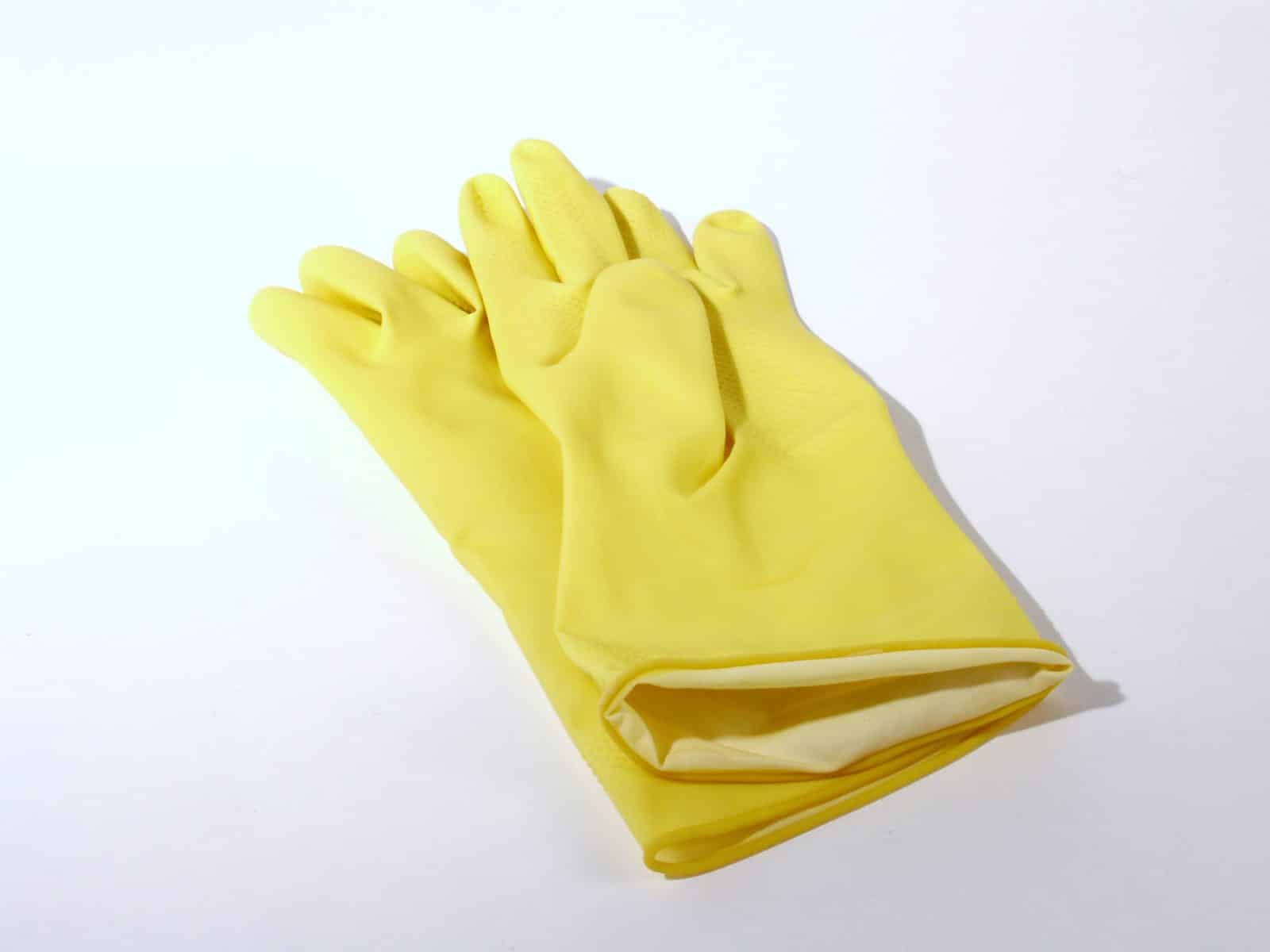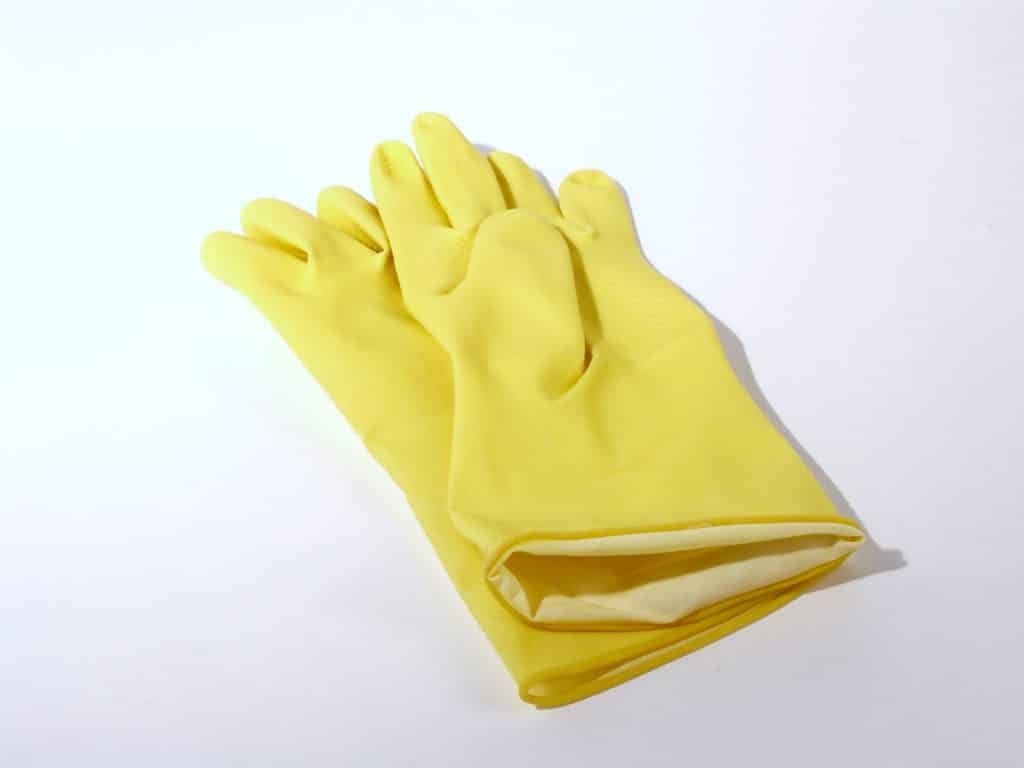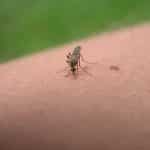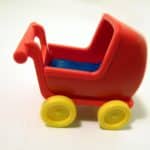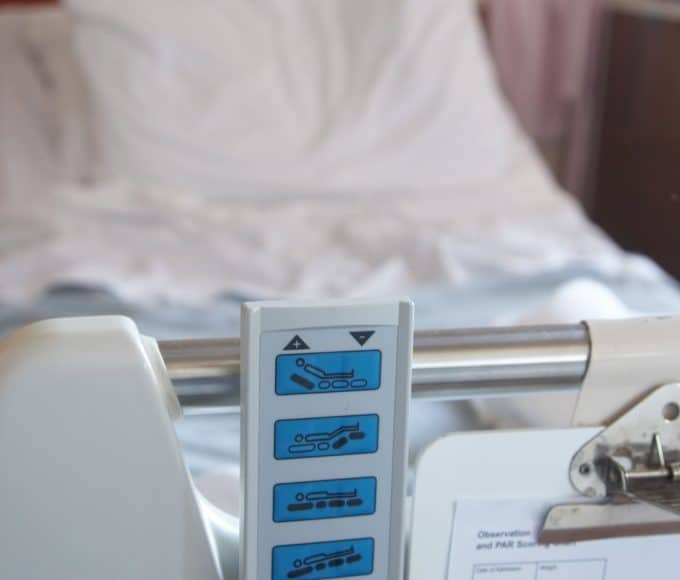Germaphobia may have moved from annoying quirk to harmful habit. A study published in the Journal of Allergy and Clinical Immunology, finds that newborn children who are in extra-clean environments are more likely to develop allergies, asthma and other related health issues, by the time they turn 3 years old.
The researchers noted that a child who is rarely or never in and around household bacteria and rodent, roach or pet allergens has a higher rate of developing wheezing, asthma and other similar ailments. Surprisingly, the research showed that homes with allergens and bacteria aplenty produced 41% of children who live with a clean bill of health (i.e., no wheezing or asthma).
This is not a new theory — the hygiene hypothesis had already put us on notice, especially all parents who take pride in their germaphobia. Ultimately, children who grow up in “overly clean houses are more apt to suffer allergies because their bodies don’t have the opportunity to develop appropriate responses to allergens.” Furthermore, according to Dr. Todd Mahr, an allergist-immunologist in La Crosse, Wis., and chair of the American Academy of Pediatrics’ Section on Allergy & Immunology. “The environment appears to play a role, and if you have too clean of an environment the child’s immune system is not going to be stimulated.”
Germaphobia Alert: Before You Throw Away Your Hand Sanitizer Holster
The new study involved 467 babies still the womb that were tracked from before they born until now. Each of the newborns were from an inner-city in New York, St. Louis, Baltimore or Boston. Researchers became a regular presence in the newborn’s home to measure allergens and to collect bacterial dust samples in 1/4 of the homes. (And for the purposes of the study, parents were not labeled as “germaphobes” or any other term.)
As we noted before, the study was not kind to germaphobia and spotless cleaners. Three-year-old children who were not exposed to animal dander, roach waste or mouse “stuff,” had a higher rate of wheezing, coughing and allergic reactions than children who were regularly in or near it. They found that 51% of children raised by extra clean parents were likely affected by allergens, as opposed to 17% of the children who were around it all of the time. The same was true for bacteria exposure: households that had bacteria present had children with fewer related health concerns. One can conclude that the combination of allergens and bacteria are critical for the children to receive the needed exposure that even germaphobia can’t stop.
Robert Wood, M.D., chief, Division of Allergy and Immunology, Johns Hopkins Children’s Center made it clear: “The combination of both — having the allergen exposure and the bacterial exposure — appeared to be the most protective.” However, “We would not take any of this as information we could use to give advice.” “Please don’t get an intentional cockroach infestation in your house. There’s no reason to think that would help.”
Now that I had to bathe in Purell after that last comment, I’ll leave the rest of the technical stuff to the experts at the American Academy of Allergy, Asthma & Immunology.





